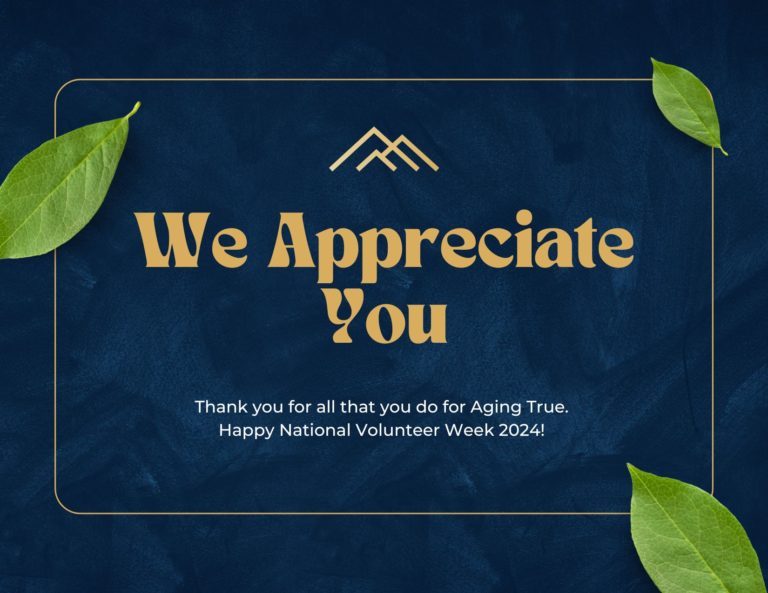As we age, maintaining good mental health becomes increasingly important. Among the various factors that contribute to senior well-being, social engagement plays a vital role. Human beings are inherently social creatures, and staying connected with others is essential for our emotional and mental well-being. In this article, we will explore the power of connection and how social engagement positively impacts the mental health of older adults.
The Importance of Social Engagement:
Loneliness and isolation are significant concerns for seniors, as they can lead to various mental health issues such as depression, anxiety, and cognitive decline. Social engagement, on the other hand, provides numerous benefits that can help counteract these challenges. It promotes a sense of belonging, enhances self-esteem, and provides a support network that can help individuals navigate life’s ups and downs.
Improving Cognitive Function:
Active social participation has been linked to improved cognitive function and a reduced risk of cognitive decline. Engaging in stimulating conversations, group activities, and socializing with friends can help keep the mind sharp and ward off conditions like dementia and Alzheimer’s disease. Interacting with others stimulates the brain, promotes mental agility, and strengthens neural connections, ultimately contributing to better cognitive health in seniors.
Emotional Well-being:
Maintaining strong social connections positively influences emotional well-being in older adults. By fostering meaningful relationships, seniors can experience a sense of purpose, satisfaction, and happiness. Engaging in social activities allows for shared experiences, laughter, and emotional support, all of which can alleviate stress, anxiety, and feelings of loneliness.
Reducing Depression and Anxiety:
Depression and anxiety are prevalent mental health concerns among seniors, often triggered by life transitions, loss of loved ones, or health issues. Social engagement acts as a protective factor against these conditions by providing emotional support, encouraging regular social interaction, and offering a sense of community. Spending time with friends, participating in group activities, or joining clubs and organizations can significantly reduce the risk of depression and anxiety in older adults.
Tips for Enhancing Social Engagement:
- Join local community centers, clubs, or senior centers that offer various activities and programs tailored to seniors’ interests.
- Volunteer for organizations or charities, which not only provides a sense of purpose but also allows for social connections with like-minded individuals.
- Utilize technology to connect with friends and family members who may be geographically distant. Video calls, social media platforms, and online communities can help bridge the gap and maintain meaningful relationships.
- Explore hobbies and interests that involve group participation, such as book clubs, exercise classes, or art workshops.
- Attend local events, seminars, or workshops to meet new people and engage in intellectual or cultural activities.
Staying socially engaged is crucial for seniors to maintain optimal mental health and overall well-being. The power of connection cannot be underestimated, as it plays a significant role in reducing feelings of loneliness, depression, and anxiety while promoting cognitive function and emotional well-being. By actively seeking opportunities for social engagement, seniors can enhance their quality of life, build meaningful relationships, and enjoy the benefits of a strong support network. Remember, it’s never too late to foster social connections and reap the positive effects they have on mental health.



